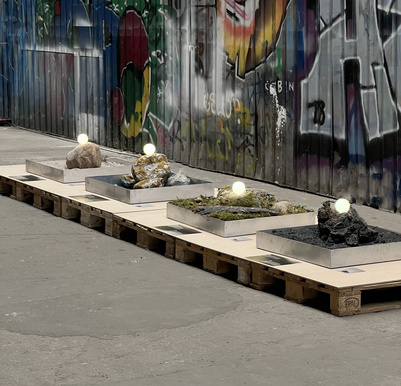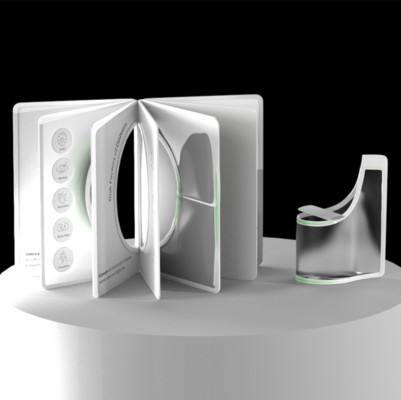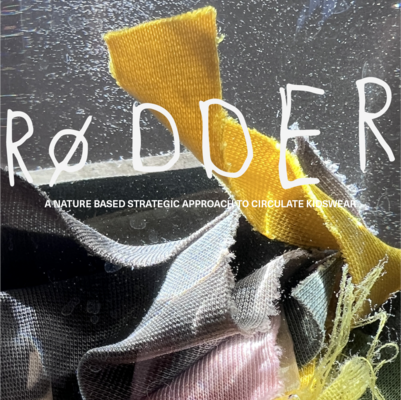This project introduces an African haircare brand that combines a UX-based system and a refillable packaging solution to align consumer desires with product intentions. It addresses the needs and challenges of individuals with African hair, offering comprehensive and tailored solutions. Through this approach, the project seeks to contribute to the reduction of inequality within the beauty industry
The Core Problem:
The problem with African hair care is a complex issue that has been plaguing the beauty industry for decades. The lack of representation and understanding of African hair types has led to a limited range of products and services available to those with natural Afro-textured hair. This has resulted in many individuals resorting to harmful practices such as chemical straightening and excessive heat styling, which can cause long-term damage.
The Solution:
The solution I propose is to establish an African haircare brand that focuses on a service-based system and innovative packaging solutions. By combining these elements, we can effectively cater to the desires and intentions of consumers while addressing the specific needs and challenges of individuals with African hair.
The UX based system:
My digital strategy revolves around matching consumer needs with their desired products. Through a UX based system, the solution is to provide a personalized experience, understanding the targets unique requirements, curating personalized offerings, providing educational content, fostering engagement, and leveraging data-driven insights, I aim to create a seamless and meaningful digital experience that effectively meets the haircare needs of individuals with African hair.
The Packaging solution:
In addition to the service-based approach, we will implement innovative packaging solutions. Our packaging will be designed to minimize waste and environmental impact. This may include refillable containers, eco-friendly materials, or packaging that can be repurposed or recycled. By incorporating sustainable packaging practices, we demonstrate our commitment to both the well-being of our customers and the planet.
The Refillable strategy:
To promote sustainability and environmental consciousness, my project incorporates refillable options for haircare products. By offering the ability to replenish products without constantly purchasing new containers, I aim to reduce waste and contribute to a circular economy. This approach not only aligns with the growing eco-consciousness of consumers but also provides them with a cost-effective and convenient way to maintain their haircare routine.
To support the refillable strategy, I employ digital tools such as subscription models and reminders. This ensures a seamless and hassle-free process for customers, allowing them to effortlessly refill their products and maintain their haircare routine without interruption. By leveraging these digital tools, I aim to enhance customer satisfaction and provide a convenient and personalized experience or mixed





